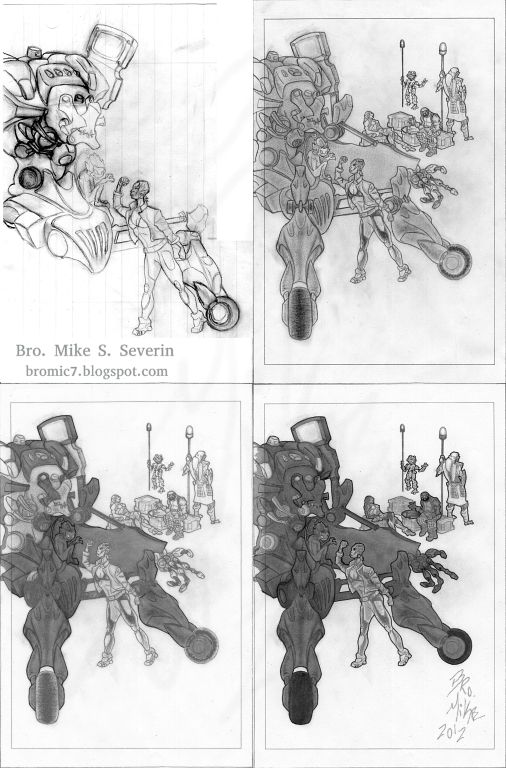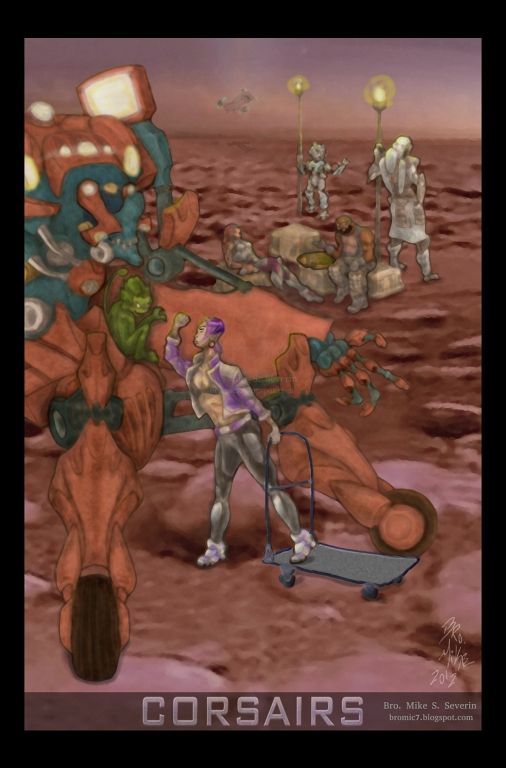Haiti to combat vote fraud
(upi.com)PORT-AU-PRINCE, Haiti -- Haitian election officials say providing help for voters and better-educated poll workers will ensure fairness in the upcoming presidential runoff election.
Presidential candidates Mirlande Manigat and Michel "Sweet Micky" Martelly, the top vote-getters in the preliminary round, will square off March 20, along with the two top candidates in legislative districts where no one got 50 percent of the vote, The Miami Herald reported.
The Provisional Electoral Council has set up a call center that provides 24-hour assistance for voters. In addition, all poll workers will be required to have a high school education and workers at the polling stations where fraud was most noticeable have been dismissed.
Gaillot Dorsinville, the council's president, told candidates the body is "prepared to make all of the corrections necessary to better the second round.''
The Organization of American States has also increased its delegation of observers from 120 to 200 for the runoff.
Haitian observers are dubious about the changes. Pierre Esperance heads a group that reported massive fraud in the preliminary voting.
"I have no confidence in the electoral machine," he said.
---------
UN plans to reinforce police for presidential run-off elections(un.org)The 3,500-strong United Nations police force in Haiti is planning to reinforce its support of national police for the presidential run-off election on 20 March, although it does not expect trouble, according to the head of the contingent.
“I don’t see any major risk for this second round,” Marc Tardif, head of the police component in the UN Stabilization Mission in Haiti (MINUSTAH), told the UN News Centre in an interview.
“Clearly it’s going to be a tense period but I don’t think we will have big trouble. We have a good working relationship with the national police and our robust presence will deter anybody wanting to create problems,” he said, noting that in the first round in November the two forces worked together, and despite some incidents, the poll took place in much greater calm than previous elections.
“Still, we’re going to reinforce our positions at those places that were unstable during the first round,” he added.
Trouble broke out after the announcement of provisional results in December from the first round, with thousands of protesters rampaging through the streets of Port-au-Prince, the capital, accusing the ruling coalition of rigging the polls, after tallies put former first lady Mirlande Manigat and outgoing President Rene Préval’s party candidate Jude Celestin in first and second place, thus qualifying for the run-off.
Popular musician Michel Martelly was less than one percentage point behind in third place, but thus excluded from the run-off, and his supporters set up burning barricades of timber, boulders and flaming tires.
After a re-examination of the ballots, the Provisional Electoral Council last month announced that Mr. Martelly had come in second and would thus face Ms. Manigat in the run-off.
Apart from its police component, MINUSTAH, which has been on the ground in Haiti since mid-2004 after then president Jean-Bertrand Aristide went into exile amid violent unrest, fields some 8,500 peacekeeping troops in the impoverished country.
---------
Haitian candidate wary of Aristide's planned return
(reuters.com)MIAMI - A candidate in Haiti's decisive presidential run-off said on Thursday she hoped popular former President Jean-Bertrand Aristide would delay his planned return to the country until after the election later this month.
"Personally, as a citizen, I would prefer that he comes back after the elections," former first lady Mirlande Manigat said in a news conference at Miami's International Airport.
"We are waiting for elections and the situation has been particularly agitated," she added.
Manigat, 70, faces musician Michel "Sweet Mickey" Martelly in the March 20 run-off. She emerged as a front-runner in the November 28 election in the volatile, earthquake-ravaged Caribbean country. The poll was widely criticized as chaotic and fraudulent.
The election also drew controversy over the fact that Aristide's Fanmi Lavalas political party was barred from running a candidate in the poll.
The run-off comes against the backdrop of Aristide's recent announcement that he is planning to return home, ending his prolonged exile in South Africa. He has kept everyone guessing about the timing.
"I think what we need now is more peace," Manigat said, The return of Aristide, a fire-brand left-wing populist, only threatened more "agitation" ahead of the election, she said.
Manigat did not elaborate on her comments suggesting possible unrest. But Aristide, a charismatic former Catholic priest, is loved by many of Haiti's poor and loathed by business leaders and the wealthy elite.
He became Haiti's first freely elected president in 1991 but spent much of his first five-year term in exile after a military coup. Elected again in 2000, his second term was soured by economic instability and gang and drug-related violence. He was finally ousted in a 2004 rebellion led by former soldiers. Aristide says Washington orchestrated it.
Haiti's outgoing government, under intense international pressure to keep shaky U.N.-backed elections on track, has said it cannot keep a citizen from returning and has issued a diplomatic passport for Aristide.
But the possibility that he could return before the March run-off has led the United States, the United Nations and other major western donors to signal they would view such a move as, at best, unhelpful, and at worst, potentially dangerous.

